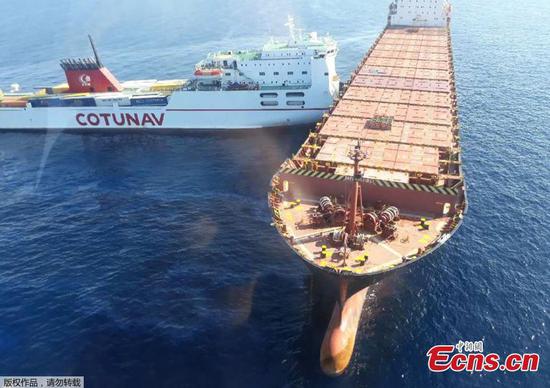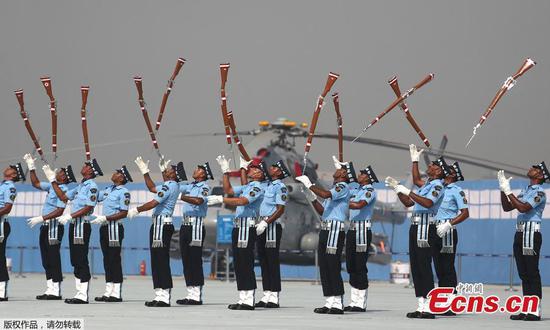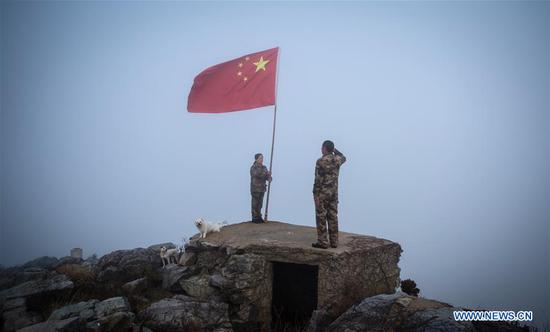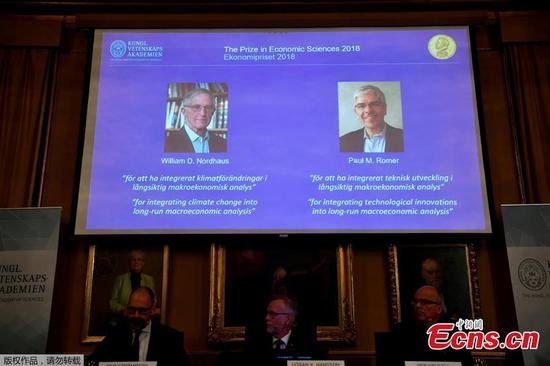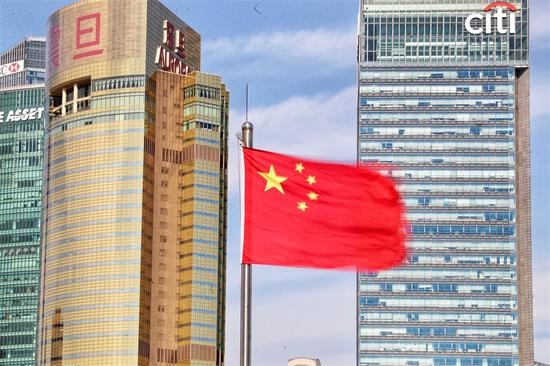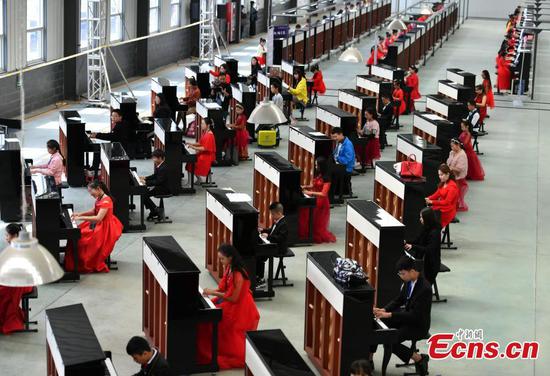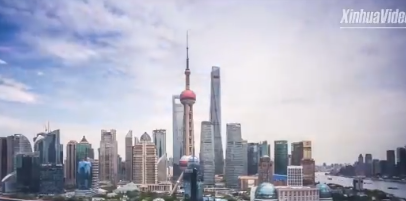For the first time in over two years, the International Monetary Fund downgraded the growth projection of the world economy on Tuesday, citing escalating trade tensions as a major drag.
According to the IMF report, the global economy is projected to grow 3.7 percent this year and next, the same as in 2017, but 0.2 percentage point lower than the last estimate, made in July.
This was the first time the IMF downgraded the world economic outlook since July 2016, as “downside risks to global growth have risen in the past six months”. Major rising risks threatening growth were trade barriers and financial tensions, as well as capital flight from emerging market economies, the report said.
Growth in the United States and China, the world’s two largest economies, were both estimated to be dampened by the escalating trade tensions, with China’s projection for 2019 shaved by 0.2 percentage point to 6.2 percent.
The growth projection of the U.S. for 2019 was also cut 0.2 percentage point to 2.5 percent, after factoring in the impact of tariffs imposed by the country and retaliatory duties by other nations.
“Escalating trade tensions and the potential shift away from a multilateral, rules-based trading system are key threats to the global outlook,” said the report, as trade tensions and policy uncertainty could affect confidence and tighten financial conditions in advanced economies.
Dong Dengxin, an economics professor at Wuhan University of Science and Technology, said trade tensions also hurt the world economy by raising costs for consumers and enterprises as a result of disrupting international specialization and cooperation. “This will in turn weigh on the growth of consumption and investment,” he said.
Dong said the negative impact of trade conflicts on China and the U.S. could be a major drag on the world economy as the two countries are the biggest engines of world economic growth.
According to the IMF, financial tensions — the other major risk faced by the global economy — could be fueled by sharper-than-expected rises in U.S. interest rates which accelerate capital flight from emerging markets.
Interest rate hikes in the U.S. could put pressure on emerging market economies’ currency rates against the greenback and prompt short-term capital outflows, said Zhang Ming, a researcher at the Chinese Academy of Social Sciences.
“There exists the probability of some vulnerable emerging market economies falling into financial crises of different forms,” he said.












